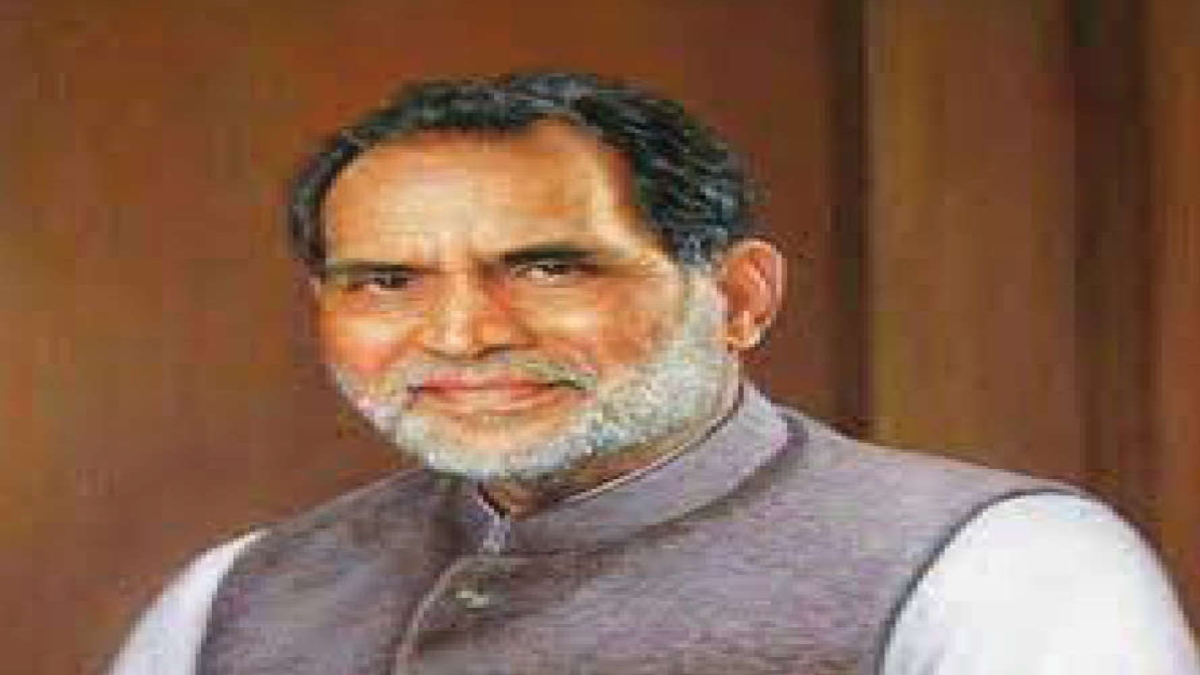If alive, former Prime Minister Chandra Shekhar would have been 95 last Sunday, 17 April. Three days before that eventful day, Prime Minister Narendra Modi inaugurated the Pradhan Mantri Sanghralaya, the Prime Ministers’ Museum in New Delhi. The museum is a tribute to all the Prime Ministers of the country to date, irrespective of their ideology or tenure, and their significant contribution towards nation-building. One of the goals of such a place is to sensitize and inspire the younger generation about India’s Prime Ministers, their leadership, vision, and achievements. But more than that, the museum also takes a look at the journey which took India to where we are today.
This assumes even greater significance as India marks 75 years of its independence. The mega celebration campaign, ‘Azaadi ka Amrit Mahotsav’ has introduced us to the pathway of ‘aatmanirbharta’ or self-reliance. In this context we can say that though his term was short, the then PM Chandra Shekhar had a vision of self-reliance. His vision was to strengthen the rural economy and agro cooperative movement to make India’s poor self-reliant and independent.
This is an appropriate time to acknowledge Chandra Shekhar’s vision for promoting the rural economy through the cooperative movement, which is necessary for rural entrepreneurship.
Chandra Shekhar had a short stint as a Prime Minister but played long innings as a parliamentarian. Little wonder that several significant decisions designed the country’s future course during his time. In a well-known compilation of “Dynamics of Social Change,” he discussed his idea of self-reliance and promoting the rural economy in a developing country.
In a famous marathon walk (the Padayatra) from Kanyakumari in the extreme South to Rajghat in New Delhi, covering about 4260 km, Chandra Shekhar, as a “young Turk”, renewed his rapport with the rural masses and understood the pressing problems in the country. Then he aggressively pushed for agro-based industries through cooperative movements such as Khadi Gram Udyog in India.
During one of his speeches in the Rajya Sabha in 1965, he talked about ways to strengthen the agro-industries “The biggest problem in our country today is that we do not come forward openly to find a solution to the country’s problems. I feel that the Agricultural Co-operative Movement is basically a political movement. Still, I feel that if the Cooperative Movement is associated with the agricultural sector, it will lead to fundamental changes regarding the property rights”. The Cooperative Movement was aimed to increase the production of food grains in the interest of landowners having less than one acre of land. He mentions that there was no other way except the initiation of the Cooperative Movement to utilize the available scientific methods of agriculture and ensure the development of the small farmers. “The poor whose hopes were shattered and whose development was blocked will benefit,” he had regretted.
Participating in the Resolution on Agricultural Cooperatives” in 1964, Chandra Shekhar also said,” The State will face a profound crisis if we do not make efforts to improve agriculture and agro-industries in the States.” A great promoter of sustainable agriculture and rural economy, he paved the way by highlighting a roadmap for agri-based cooperative movements.
As the country moves on the development pathway, the late Chandra Shekhars’ vision of aligning the rural economy to self-reliance assumes great significance.























